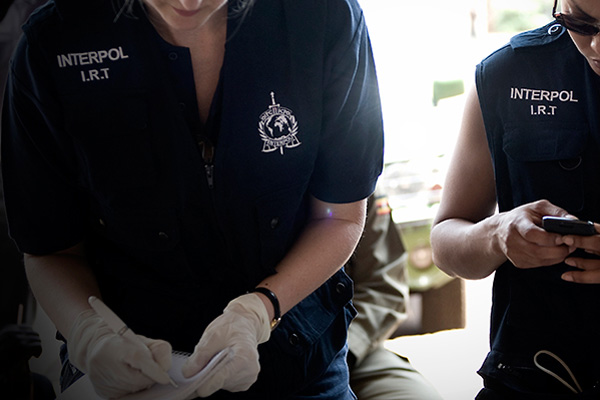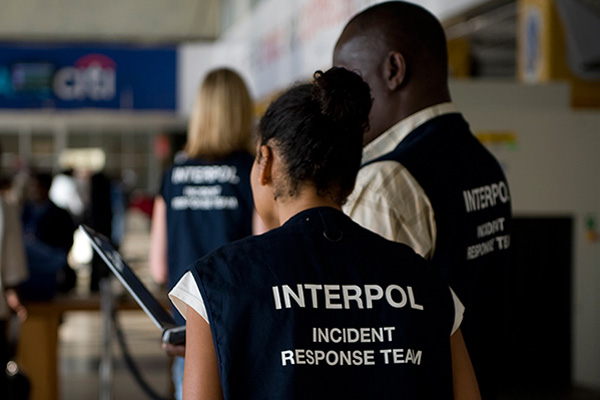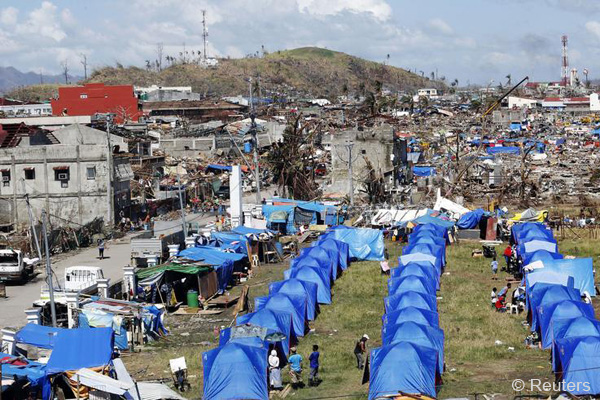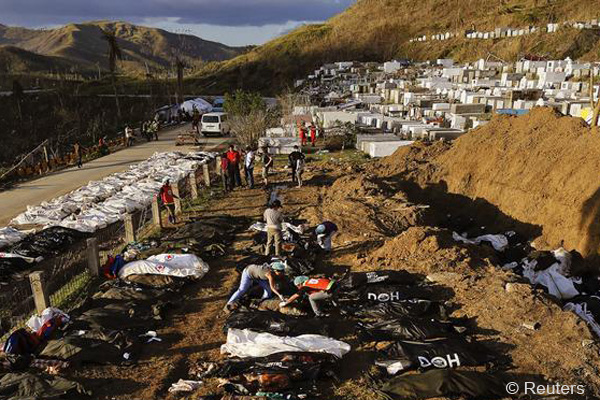LYON, France – An INTERPOL Incident Response Team (IRT) has been deployed to the Philippines to help assess the Disaster Victim Identification (DVI) requirements following Typhoon Haiyan which has left thousands of people dead, missing and displaced.
At the request of the Philippine authorities the INTERPOL team, which includes specialists from the General Secretariat headquarters, DVI and DNA experts from Canada, South Africa and International Commission on Missing Persons (ICMP), will conduct an assessment of the requirements for the recovery and identification of the victims and coordinate national and international DVI efforts.
“Clearly, one of the main priorities for the Philippine authorities is to find and rescue as many living victims as possible and for the humanitarian relief operations to continue,” said Michael O’Connell, INTERPOL’s Director of Operational Support who is heading the IRT.
“But what is also important is the swift and accurate identification of the thousands of victims, which is where international support and coordination is essential and where INTERPOL can unite the global community in these efforts.
“INTERPOL’s previous experience in providing this type of help can play an important role and we will continue to work with our member countries to provide whatever assistance required and requested by the Philippine authorities,” concluded Mr O’Connell.
The IRT, due to arrive in Manila today, Tuesday will meet with Philippine authorities and other international teams to develop a structured network in order to avoid duplication of DVI efforts.
Strategic and structural challenges are among the issues to be assessed by the IRT, including the possible need for temporary mortuary sites equipped with refrigerated containers and mobile forensic laboratories or work facilities.
This is the second INTERPOL IRT deployed to the Philippines at the request of national authorities. In June 2008, an INTERPOL team was deployed to provide DVI assistance after the Princess of the Stars ferry capsized during Typhoon Frank with the loss of around 800 lives.
Following the Asian tsunami in 2004, INTERPOL also played a central role in global DVI efforts based in Thailand which led to the successful identification of nearly 5,000 victims from 36 countries.









